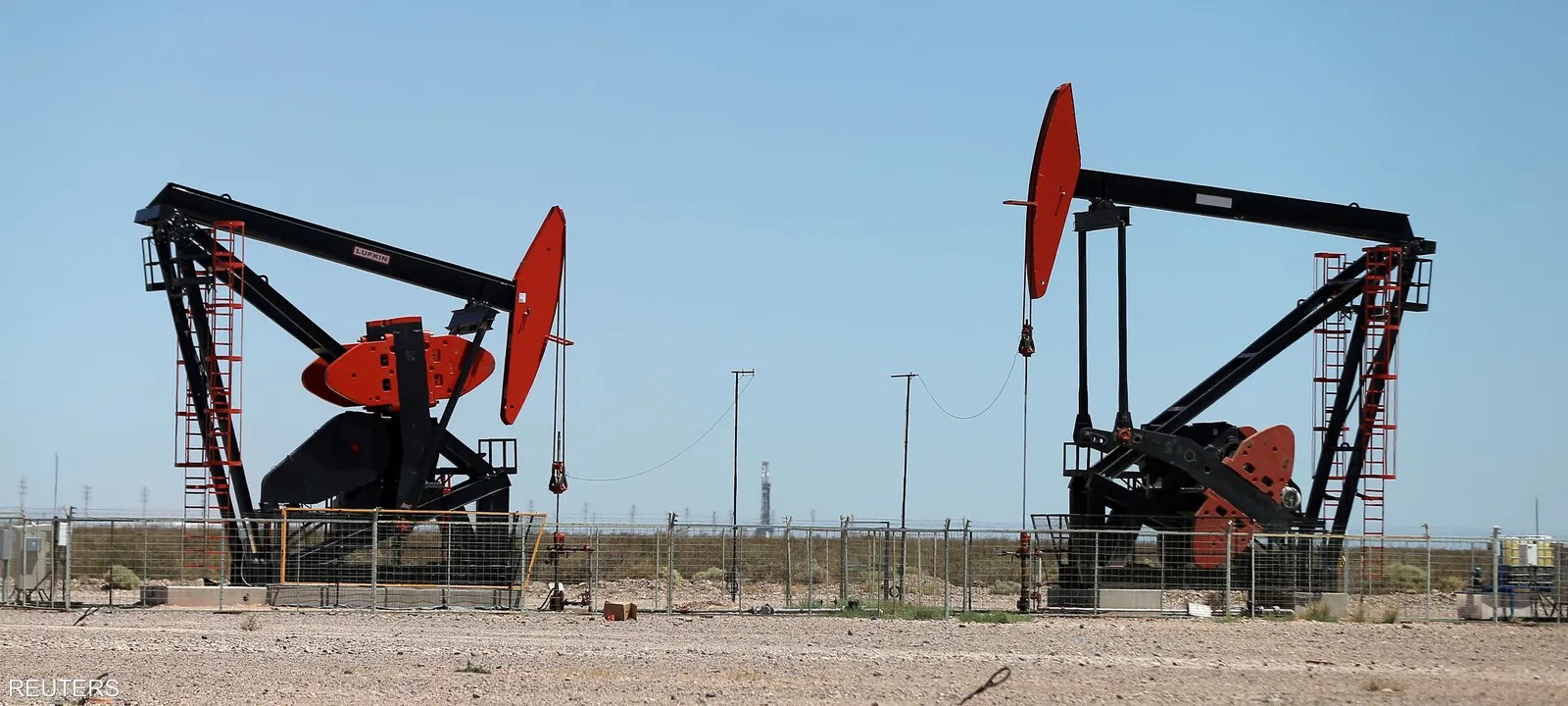Oil prices fell on Tuesday on concerns that a slowing Chinese economy is weighing on demand, but a growing consensus that the US Federal Reserve will start cutting interest rates in September limited the decline.
Price movements
Brent crude futures were down 9 cents, or 0.1 percent, at $84.76 a barrel by 12:21 GMT, while U.S. West Texas Intermediate (WTI) crude was down 13 cents, or 0.2 percent, at $81.78.
China's economy grew much more slowly than expected in the second quarter, weighed down by a prolonged property downturn and job insecurity.
Official data showed the world's second-largest economy grew 4.7 percent in the April-June period, the slowest pace since the first quarter of 2023 and below expectations of 5.1 percent in a Reuters poll.
It also slowed from the 5.3 percent rate recorded in the previous quarter.
China's refinery throughput fell 3.7 percent in June from a year earlier, official data showed on Monday, down for a third month due in part to scheduled maintenance, while lower refining margins and weak fuel demand prompted independent plants to cut output.
Meanwhile, Federal Reserve Chairman Jerome Powell said yesterday that the three U.S. inflation readings during the second quarter of this year somewhat increase confidence that the pace of price increases is returning to the central bank's target in a sustainable manner.
Market participants interpreted the remarks as indicating that a shift to lower interest rates may not be far off.
Lower interest rates lower the cost of borrowing, which can boost economic activity and demand for oil.
On the supply front, the Houthis in Yemen said yesterday that they attacked three ships, including an oil tanker, in the Red Sea and the Mediterranean with ballistic missiles, drones and explosive-laden boats.
While the crisis in the Middle East has not affected supplies, attacks on ships in the Red Sea have forced ships to take longer routes, meaning oil remains in the water longer.
Elsewhere, Russian Deputy Prime Minister Alexander Novak said yesterday that the global oil market will be balanced in the second half of the year and beyond due to the production agreement between the Organization of the Petroleum Exporting Countries (OPEC) and its allies, known as OPEC+.






































